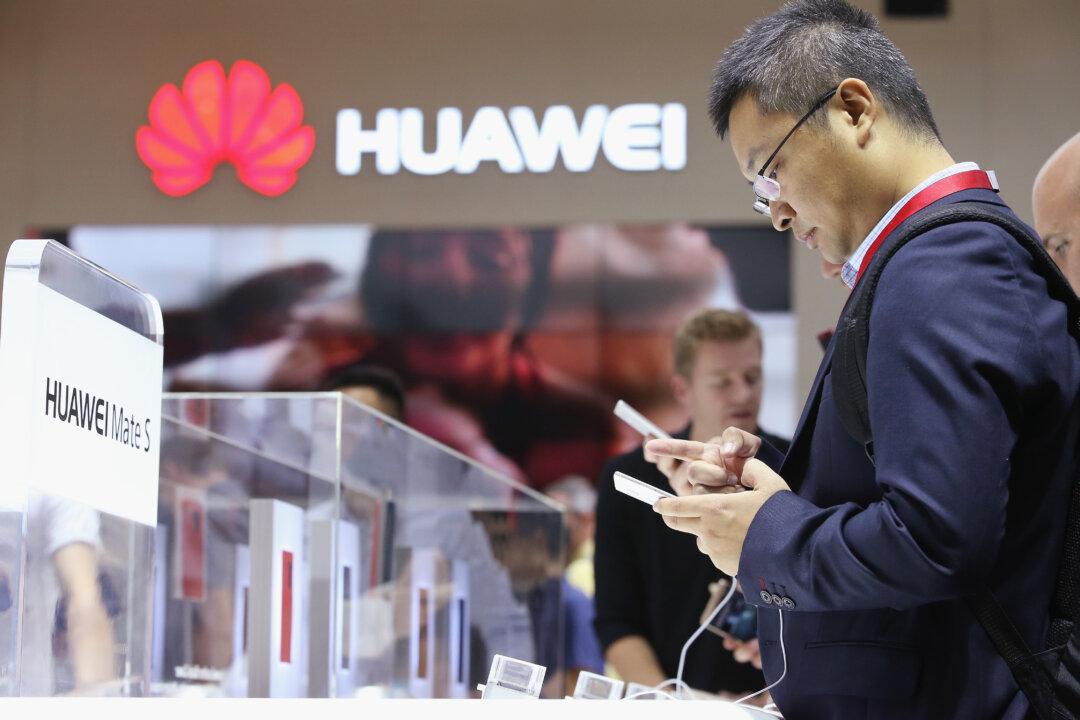Following Britain’s decision to ban Huawei from its 5G network, Germany has come under increased pressure to review its own relationship with the Chinese telecom firm.
The United Kingdom announced on July 14 that it had banned Huawei from further input into its telecoms infrastructure by the end of 2020, and set a deadline of 2027 for the stripping out of existing kit from the country’s 5G network.





